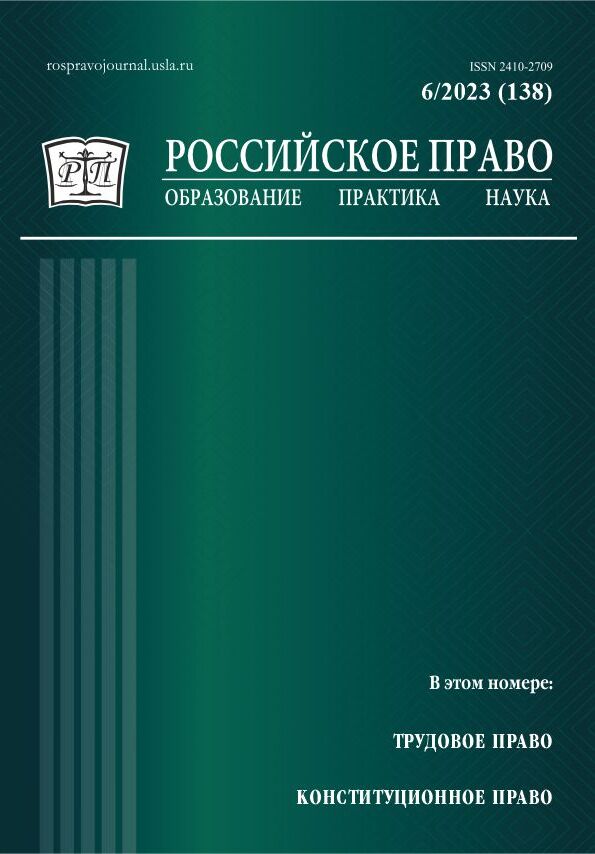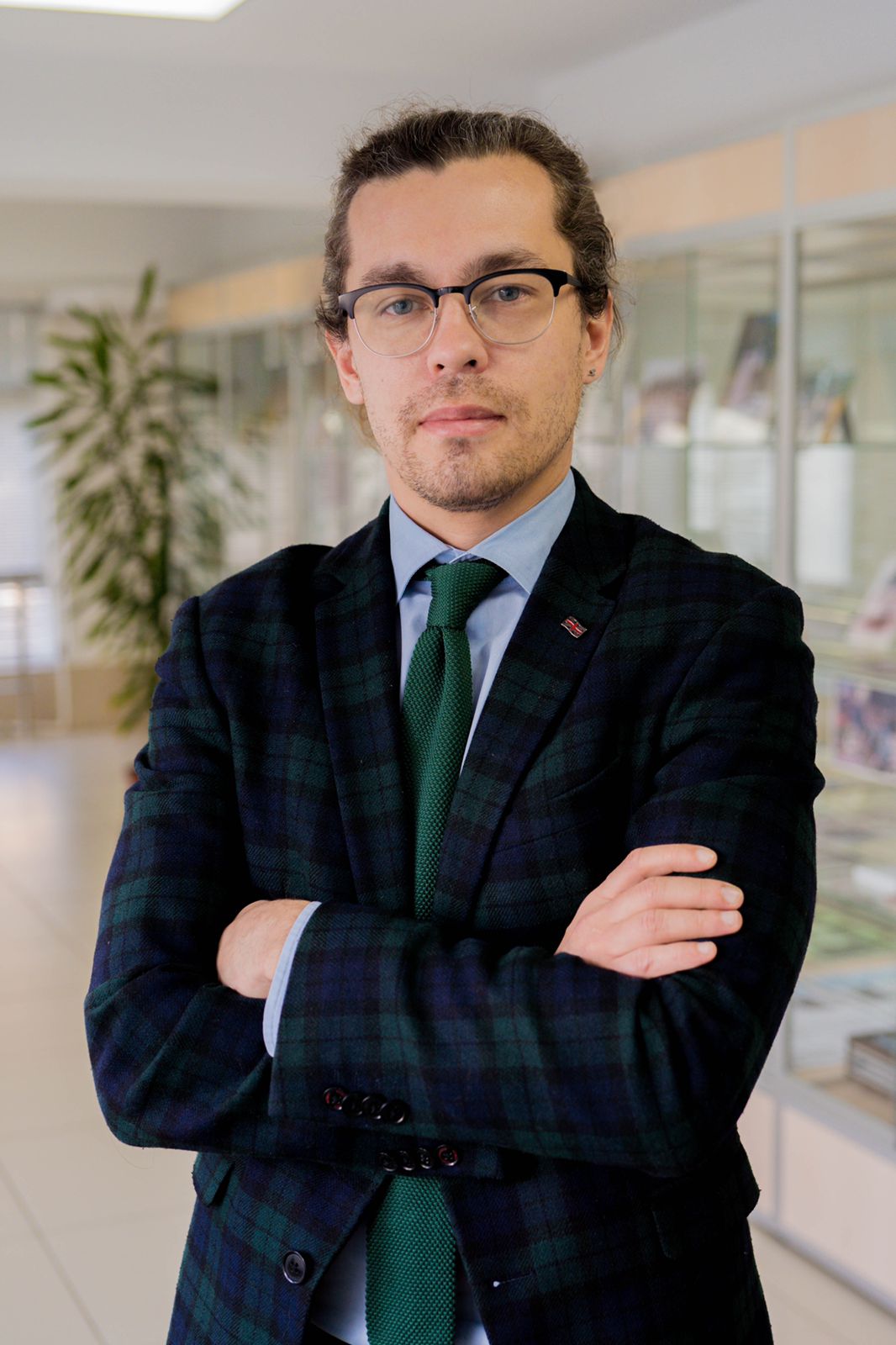Development of Linguistic Personality in Professional Discourse: On the Current State of Science and Methodology
Keywords:
aspects of studying the development of a linguistic personality, professional discourse, innovative and traditional methods of language teaching, formation of students’ motivation, artificial intelligence in education, creation of digital educational environment, axiological component of linguodidacticsAbstract
One of the promising areas of research regarding the phenomenon of linguistic personality is the description of the development of linguistic personality in professional discourse considering modern realities. The authors of the article focus on the issues of professionally oriented teaching of Russian and foreign languages, Russian as a foreign language: traditional and innovative technologies that determine the features of language education in higher education institutions; results of the application of project and interactive methods in language teaching, analysis of the conditions of effective use of the developing digital environment; the possibilities of using artificial intelligence in educational practice; the issues of professionally oriented teaching of Russian as a foreign language.
In the aspect of specifying the methodology of teaching Russian as a foreign language, the dominant problem related to the development of business Chinese language skills is defined. Methodologically significant, according to the authors of the article, is the interpretation of the data obtained as a result of diagnostics of students’ readiness for professional self-realization, closely related to the formation of sustainable motivation for creative activity in the process of interaction with the information and educational environment of the university, the axiological component of linguodidactics and the need for a profound influence on the values of young people, important for the formation of professional competencies.
Downloads
Published
Issue
Section
License
Copyright (c) 2024 RUSSIAN LAW: EDUCATION, PRACTICE, RESEARCHES

This work is licensed under a Creative Commons Attribution-NonCommercial 4.0 International License.







 This work is licensed under a
This work is licensed under a 